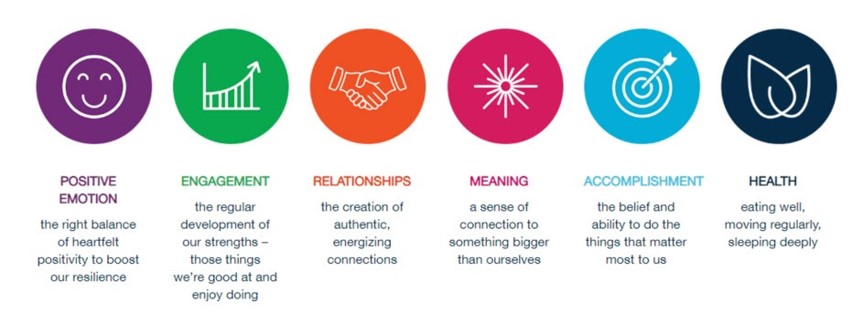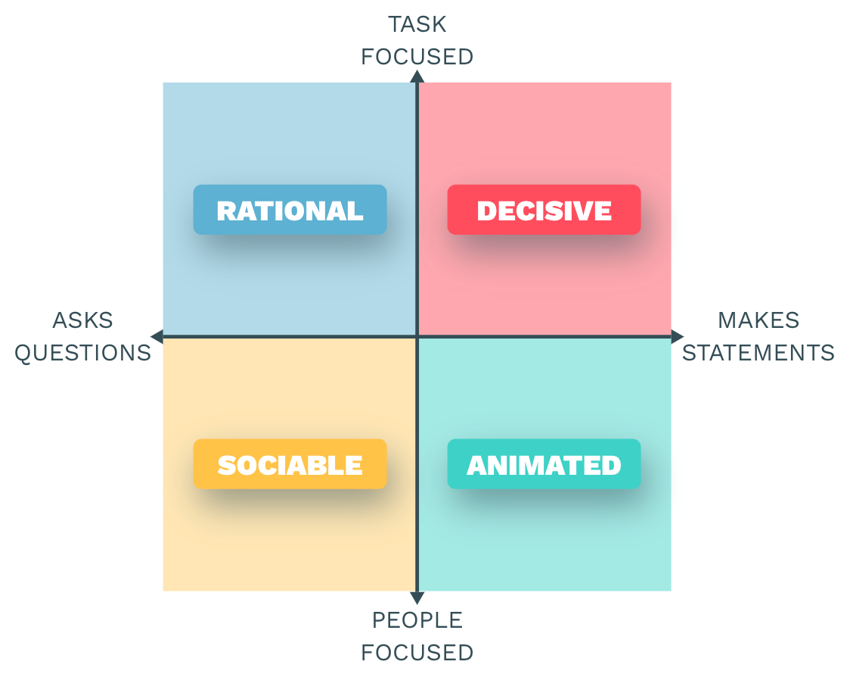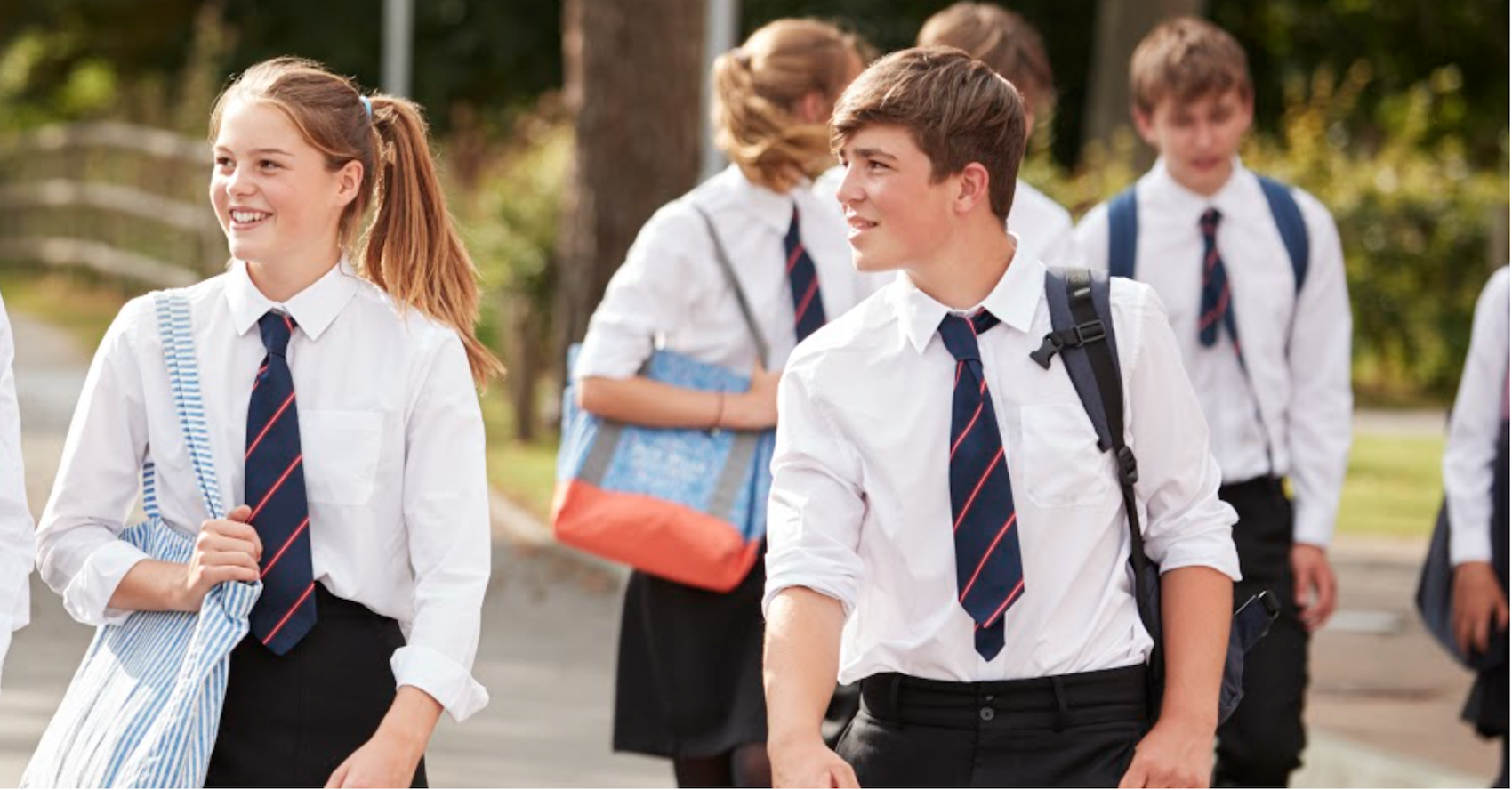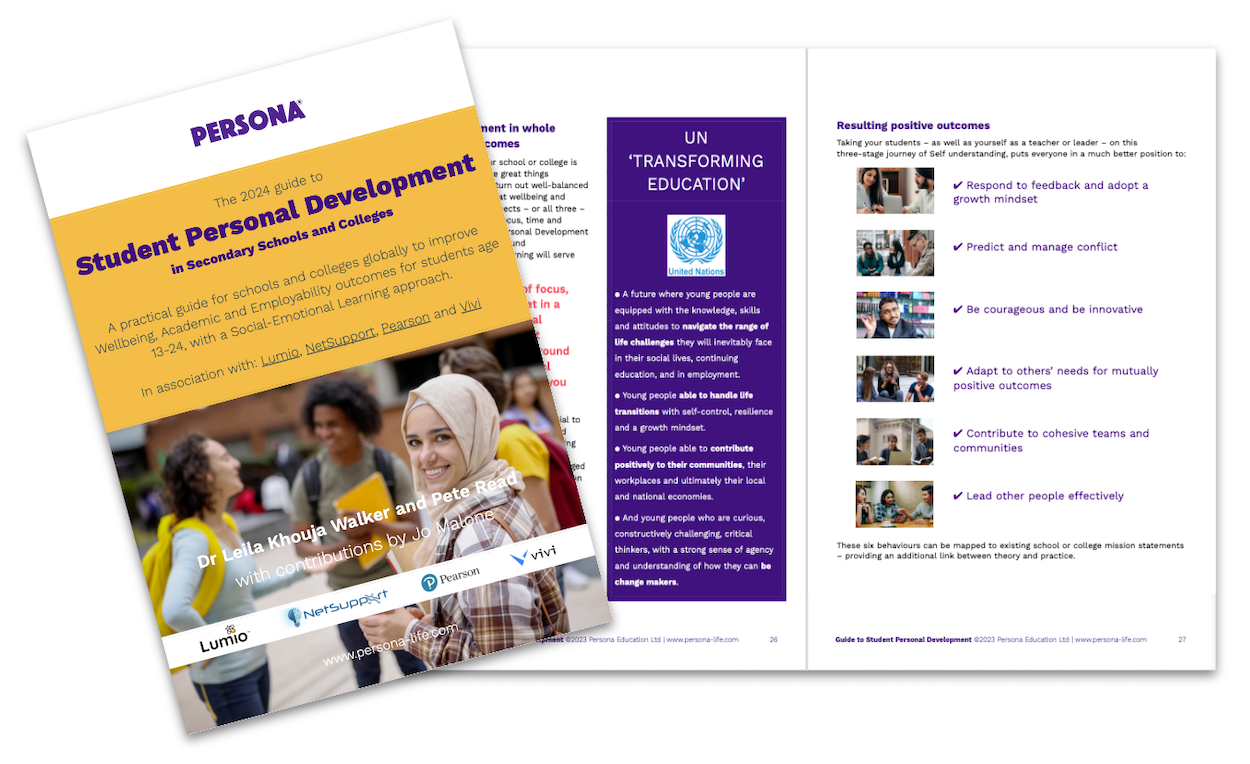Personality, relationships and wellbeing
21-Aug-20
By Pete Read, CEO & Founder
What is wellbeing and why is it important?
We hear a lot about the concept of “wellbeing” in the education world, especially now, with all the additional pressures COVID-19 has piled upon our young people.
The concept of wellbeing has been around for millennia – think Roman baths, Ayurveda, traditional Chinese medicine, yoga – and it means different things to different people. But one very simple definition is simply “feeling good”.
Diving a little deeper, the World Health Organisation defines wellbeing as “a state of complete physical, mental, and social wellbeing, and not merely the absence of disease or infirmity.” Other definitions include everything from lifelong learning to looking after the planet.
Here is one interpretation called PERMAH, which suggests wellbeing is cultivated by the presence in our lives of positive emotion, engagement, relationships, meaning, accomplishment and health:

Source: Prof Martin Seligman and The Wellbeing Lab
The long term benefits of higher mental and social wellbeing among teenagers include higher educational attainment, more success in competitive situations such as job interviews or university applications, better life choices, higher productivity in work, and greater life satisfaction.
The challenge for teenagers
For teenagers in secondary school or college, the mental and social aspects of wellbeing are often the most challenging.
The pre-frontal cortex of the brain continues to develop until the early to mid 20’s, so the processes that this area of the brain handles can change dramatically during the teenage years. These include social cognition, self-regulation, cognitive control and emotional regulation1.
Many of the mental changes that take place in adolescence are important and positive, including taking risks, increasing exploration, innovation, learning and creativity. Meanwhile the social changes that are happening facilitate new relationships, increased intimacy and increased self-awareness2.
By implication, these processes subject to change are also potentially open to conscious adaptation. And understanding, trying out and practising this adaptability can help teenagers to achieve more positive outcomes in the day-to-day life challenges they face.
Managing relationships
A huge part of many teenagers’ lives is all about relationships. Social contact is the number one topic of interest for most teenagers. Relationships with friends, teachers, classmates, parents, siblings, sports teammates and more. These all have a huge impact on wellbeing and they all depend heavily upon effective communication and appropriate behaviour in different situations.
Developing an understanding of their own mix of personality styles, and other people’s, using the Persona framework, helps young people to improve the skillsets that can make or break the success of their relationships. Skillsets such as being realistic, communication skills, being open-minded, being resilient and self-control.
Learning to recognise and use these skillsets is a route to the conscious adaptability mentioned above that can help teenagers to achieve positive outcomes in relationships of all kinds, from friendship groups to teachers to interviews.
Persona as a thinking framework
Persona Education’s personality styles concept is rooted in robust behavioural science research, and provides young people with a ‘thinking framework’ they can use to develop skillsets and cultivate more successful relationships by adapting their thinking, communication and behaviour.
Importantly, the framework is social, practical and memorable.
Social: Not only does it empower students to think about their own mix of personality styles, it also allows them to invite others to consider how they come across to them. That in turn leads to reciprocal invitations.
Practical: While highlighting the strengths of each Persona style, it also points out growth areas to bear in mind. For example someone with a Sociable main style who loves building relationships – a positive characteristic – may also fear having disagreements, which could hold them back3.
Memorable: Persona uses inherently memorable adjectives to describe each of the four styles: Animated, Decisive, Rational and Sociable. These are easily internalised and quickly become part of the student lexicon. These are supported by 76 more adjectives which together paint an easily understandable picture of each style, including positive, neutral and growth characteristics.

Source: Persona Education Ltd
Animated: Assertive, enthusiastic and expressive; may be unrealistic and shouty under pressure.
Decisive: Determined, independent and driving; may be impatient and controlling under pressure.
Rational: Thorough, inquiring and analytical; may be indecisive and inflexible under pressure.
Sociable: Supportive, dependable and amiable; may be late and compliant under pressure.
Of course, none of these styles is any better or worse than the others. In fact everyone has a unique mix of styles – their Persona.
Many younger secondary school aged children (Years 9-11) have a mix of personality styles that is focused around the Animated style, with some Rational characteristics which come into play when they are more relaxed.
Animated style characteristics include being imaginative, talking about ideas and feelings, and relishing experiences. Rational characteristics include information gathering, analysing factual evidence, and reflecting upon it.
Some of the adaptations young people with this combination of styles might consider employing to improve their communication and their relationships include more active listening, trying not to interrupt, being realistic with ideas and tasks, not overbearing others who may be less confident, and trying to be more patient, organised and disciplined.
The Persona framework enables development of useful skillsets to improve relationships, which in turn boosts wellbeing.
If you would like to help your students develop useful skillsets to improve relationships, and thereby boost wellbeing long term, Persona Education offers a free version of its Persona Life Skills web app, which includes access to a personalised Persona Profile, where students can start to use the Persona thinking framework.
1 Cognita and UCL Institute of Cognitive Neuroscience Developmental Group
2 Ibid
3 Peter Urs Bender





